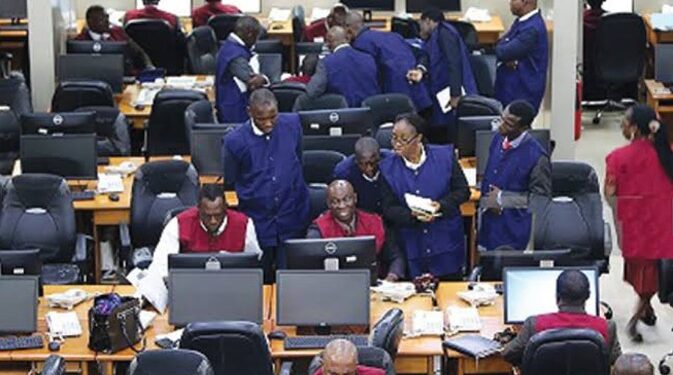Business Briefings
Dangote Refinery Active, Yet Nigeria Imports Surge

Nigeria imported about 15.01 billion litres of petrol between August 2024 and the first ten days of October 2025, representing 69 per cent of the country’s total petrol supply within the period, according to new data from the Nigerian Midstream and Downstream Petroleum Regulatory Authority (NMDPRA).
The figures showed that total petrol supply during the 15-month period stood at 21.68 billion litres, with 6.67 billion litres, or 31 per cent, coming from domestic refining. The report, titled Import vs Domestic Supply Performance (PMS Daily Average Supply – August 2024 to October 2025), highlighted a gradual rise in local production alongside a steady decline in import dependence since the Dangote Refinery began petrol production in September 2024.
According to the data, imported petrol averaged 44.60 million litres per day in August 2024 and climbed to 54.30 million litres per day in September 2024, the peak of import dependence during the review period. Imports then fell to 24.15 million litres per day by January 2025, 19.26 million litres per day in September 2025, and 15.11 million litres per day in the first ten days of October 2025.
Domestic refining rose significantly during the same period. Local production, which stood at 6.43 million litres per day in September 2024, increased to 22.66 million litres per day in January 2025 and stabilised around 20 million litres per day in subsequent months. By October 2025, the Dangote Refinery was producing an average of 18.93 million litres per day, surpassing petrol imports for the first time.
Total daily petrol supply peaked at 60.73 million litres in September 2024 before dropping to 44.08 million litres in April 2025 and 34.04 million litres by October 2025. This decline mirrored a fall in national consumption, which dropped from 60.73 million litres per day in September 2024 to 34.04 million litres per day in early October 2025.
The report also noted that January 2025 recorded the highest domestic output, while August 2024 had the lowest, as local refining had yet to commence at the time. Cumulative imports reached 15.01 billion litres, while domestic refining accounted for 6.67 billion litres, making up the total supply of 21.68 billion litres over the 15-month period.
The figures reflect Nigeria’s gradual transition toward fuel self-sufficiency, with local refining increasingly complementing imports. However, the data also showed that foreign-sourced petrol still dominated the national supply mix for most of the review period.
Meanwhile, the Dangote Refinery has continued to expand its operations, boasting over 310 million litres of petrol in storage and a production rate of 20 million litres per day. The refinery has also begun exporting refined products — including petrol, aviation fuel, and diesel — to international markets such as the United States and Saudi Arabia.
Despite this progress, competition between local refiners and petrol importers remains intense, with importers accusing the refinery of undercutting them through price adjustments. Experts say achieving full local dominance will take time, but the growing capacity of the Dangote Refinery marks a significant shift in Nigeria’s energy landscape.









